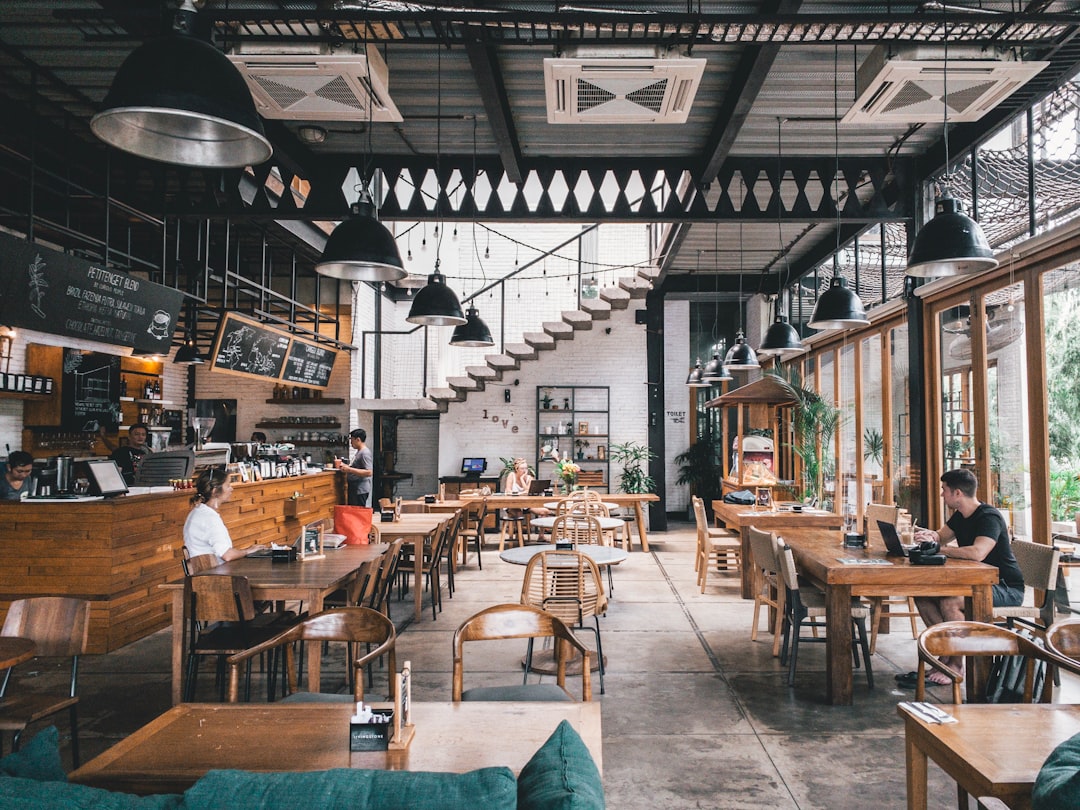Sustainable luxury fashion is revolutionizing the way we perceive style and elegance. Traditionally, luxury fashion has been synonymous with opulence and exclusivity, often at the expense of environmental and social considerations. However, the paradigm is shifting as designers and consumers alike are becoming more conscious of the impact their choices have on the planet. This growing awareness is paving the way for a new era where luxury meets sustainability.
The concept of sustainable luxury fashion involves creating exquisite garments that not only meet the highest standards of quality and craftsmanship but also adhere to environmentally friendly practices. This means using resources responsibly, minimizing waste, and ensuring fair labor practices throughout the supply chain. By embracing these principles, brands are redefining luxury to include ethical and ecological values.
A critical component of sustainable luxury fashion is the emphasis on materials. Designers are opting for organic, recycled, and biodegradable fabrics that reduce the environmental footprint. Innovations such as plant-based dyes and energy-efficient manufacturing processes are becoming more prevalent. These advances not only protect the environment but also enhance the overall quality and longevity of the products. For instance, natural fibers like wool are being championed for their durability and minimal environmental impact. Brands are leveraging such materials to create collections that are as sustainable as they are luxurious.
Moreover, the narrative around luxury fashion is evolving to highlight the stories behind the garments. Consumers are increasingly interested in the origins of their clothing and the conditions under which they were produced. Transparency in the supply chain has become paramount, with brands providing detailed information about their sourcing and production processes. This shift in consumer demand is encouraging more companies to adopt sustainable practices and communicate their efforts authentically.
Another significant aspect of this movement is the role of technology. Digital tools are being harnessed to optimize resource use and reduce waste. From virtual fashion shows to online platforms that promote sustainable brands, technology is playing a crucial part in transforming the industry. Additionally, initiatives like blockchain are being explored to ensure traceability and authenticity in the production of luxury goods.
The journey towards sustainable luxury fashion is not without challenges. It requires a fundamental change in mindset and significant investment in research and development. However, the benefits are manifold. By prioritizing sustainability, brands can not only mitigate their environmental impact but also appeal to a growing segment of eco-conscious consumers. This approach fosters loyalty and trust, ultimately enhancing brand value.
As we look to the future, the integration of sustainability into luxury fashion is set to become the norm rather than the exception. The movement is gaining momentum, with industry leaders, innovators, and consumers collectively driving change. This transformation is exemplified by platforms like sustainable luxury fashion, which showcase the potential of combining elegance with ecological responsibility.
In conclusion, the intersection of luxury and sustainability is redefining the fashion landscape. By embracing sustainable practices, the industry is not only preserving the planet but also enriching the legacy of luxury fashion. As this trend continues to evolve, it will undoubtedly inspire a new generation of designers and consumers to prioritize both style and sustainability. For more insights into this evolving trend, visit the Wool Project website.








